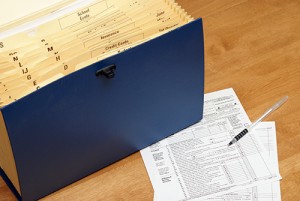
The Internal Revenue Service have ruled that same-sex couples, legally married in jurisdictions that recognize their marriages, will be treated as married for federal tax purposes. The ruling applies regardless of whether the couple lives in a jurisdiction that recognizes same-sex marriage or a jurisdiction that does not recognize same-sex marriage. The ruling implements the federal tax aspects of the June 26th Supreme Court decision invalidating a key provision of the 1996 Defense of Marriage Act and had been long-awaited by tax professionals who wanted more clarity from the IRS. Under the ruling, same sex couples will be treated as married for all federal tax purposes including income, gift and estate taxes. The ruling applies to all federal tax provisions where marriage is a factor, including filing status, claiming personal and dependency exemptions, taking the standard deduction, employee benefits like deducting health insurance, contributing to an IRA, and claiming the earned income tax credit or child tax credit.
Any same-sex marriage legally entered into in one of the 50 states, the District of Columbia, a U.S. territory, or a foreign country will be covered by the ruling. However, the ruling does not apply to registered domestic partnerships or civil unions recognized under state law. Legally married same-sex couples generally must file their 2013 federal income tax return using either the “married filing jointly” or “married filing separately” filing status.
In addition, employees who purchased same-sex spouse health insurance coverage from their employers on an after-tax basis may treat the amounts paid for that coverage as pre-tax and excludable from income.
Individuals who were in same-sex marriages may file amended income tax returns choosing to be treated as married for federal tax purposes for one or more prior tax years still open under the three year statute of limitations. As a result, refund claims can still be filed for tax years 2010, 2011, and 2012. Some individuals may have signed an agreement with the IRS to extend the statute of limitations and permit them to file refund claims for tax years 2009 and earlier.
If you need assistance in filing an amended federal income tax return please call Gregory J. Spadea of Spadea & Associates, LLC in Folsom, Pennsylvania at 610-521-0604. Spadea & Associates, LLC provide estate and tax planning and file income tax returns year round.










